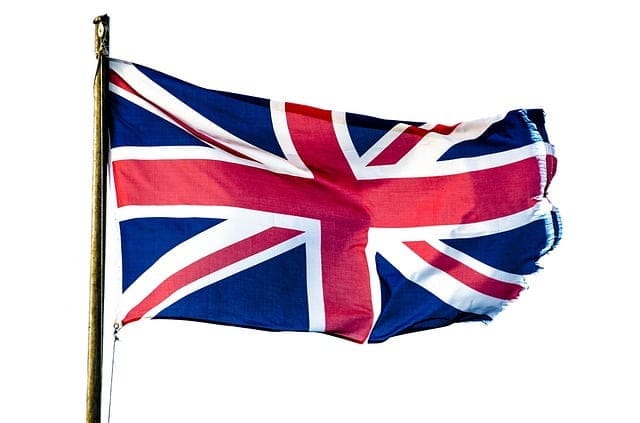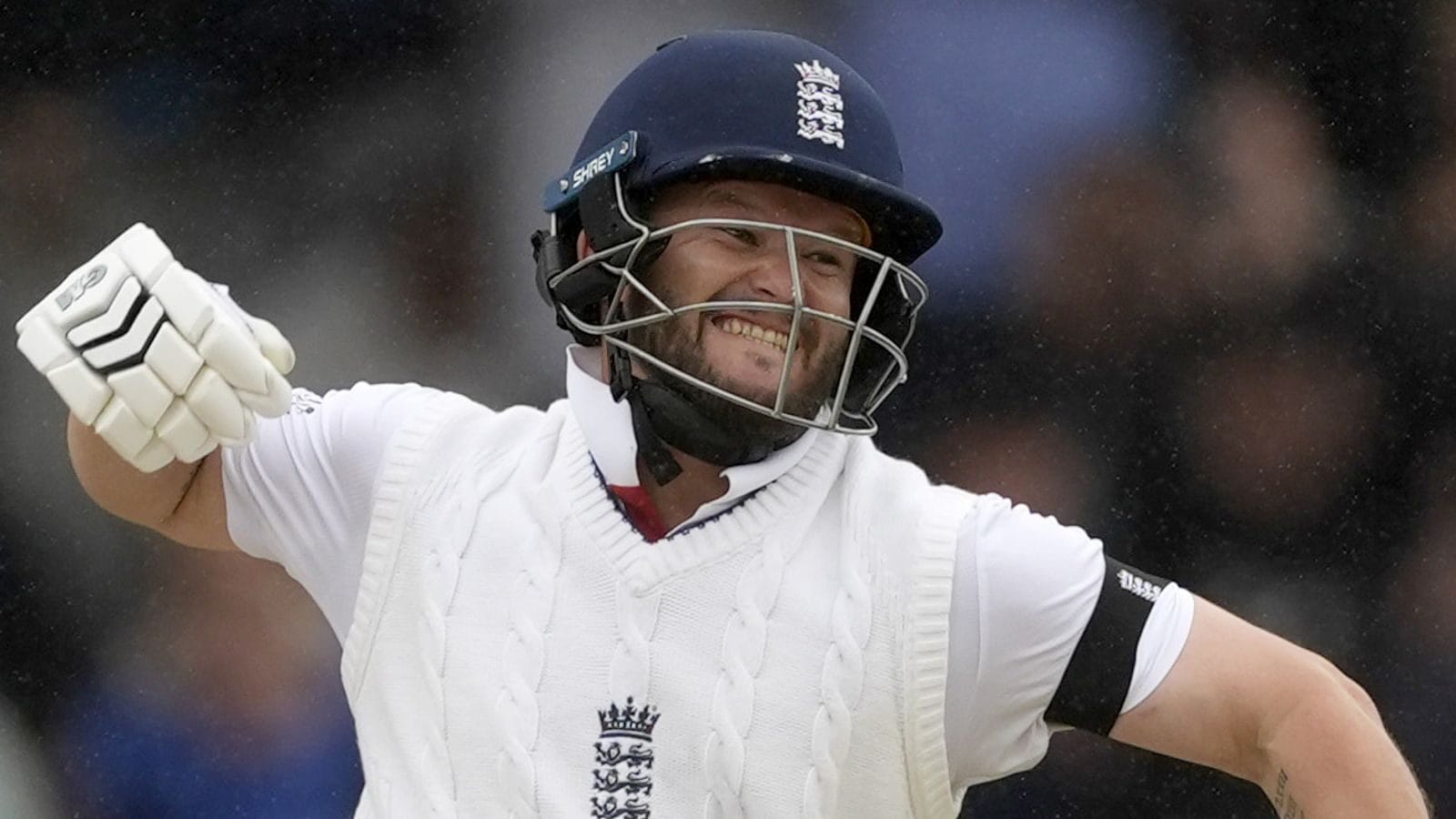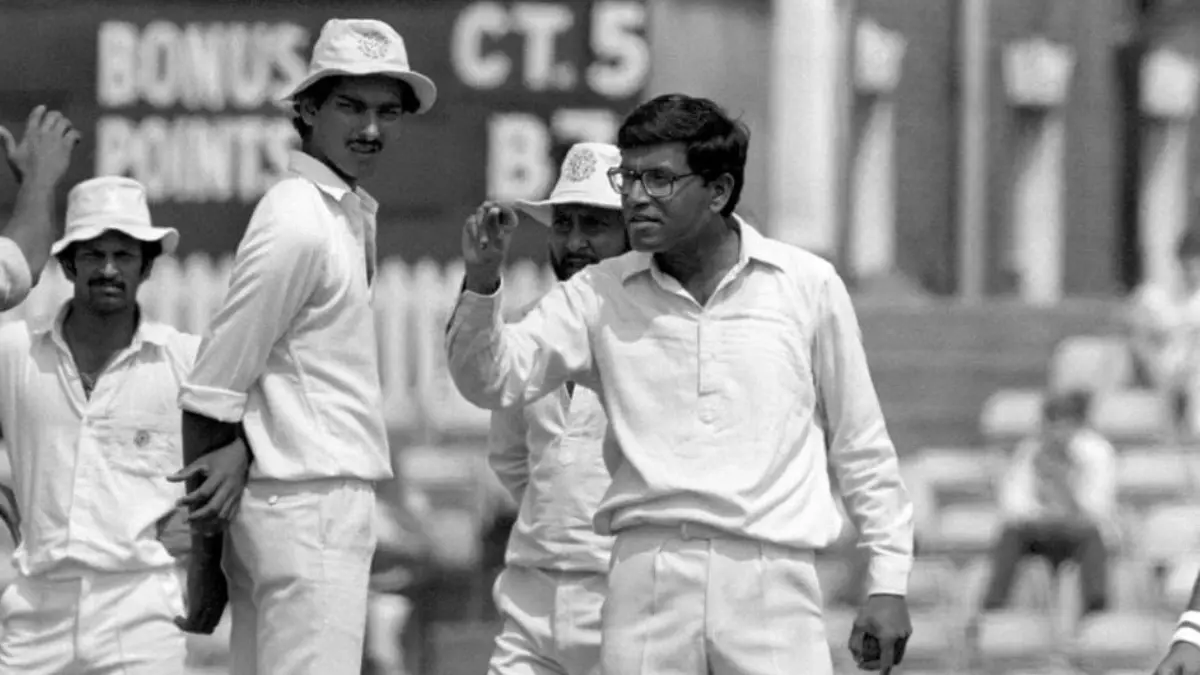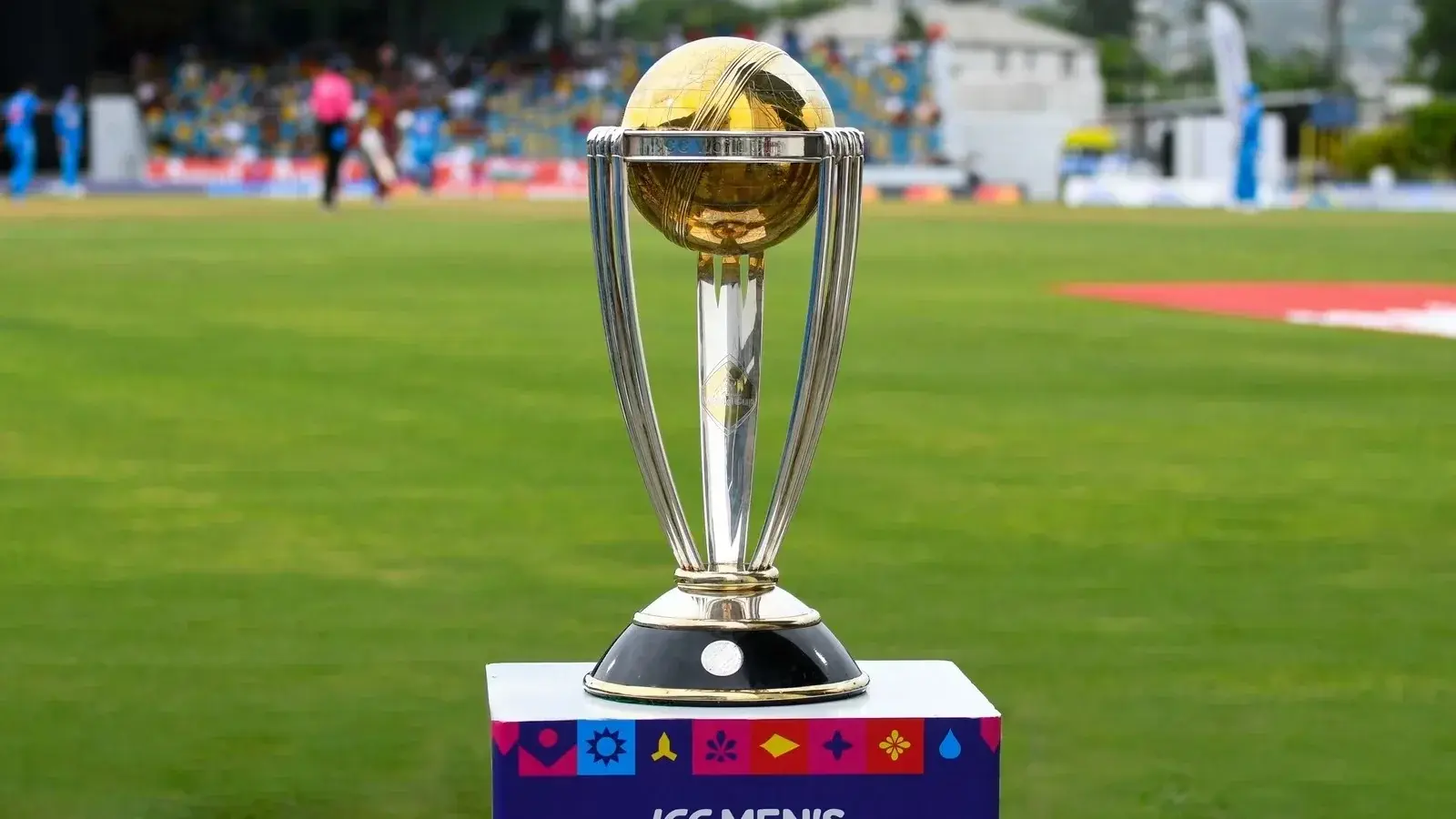Could things get any worse? Could the level of performance sink even lower?
Well , it seems the answer is an unhesitating Yes!
I am not talking here about the performance of the England team on the field. A catastrophic World Cup followed by a drawn series against a side rated eighth in the Test rankings makes most comment superfluous in that regard. No, what I mean here is the management of English cricket at the top and the delivery of its message to the wider public.
The sacking of coach Peter Moores – by whom exactly remains unclear – epitomized the decision – making processes of the England and Wales Cricket Board ( ECB). The decision was correct; but orchestrating a situation in which Moores himself was the last person in England( and/ or Wales) to learn about it was outrageous.
The changes at the top on the face of it seemed promising. The outgoing chairman cog the ECB, Giles Clarke, has always been a controversial figure. In fairness he has presided over a period when England were, for a while, the world’s best Test team, and the game has been made immeasurably richer. But he will always be remembered for welcoming Texan billionaire Sir Allan Stainford as he stepped from his helicopter at Lord’s bearing a trunkful of cash. One had to wonder whether a man so out of kilter with the soul of England’s summer game ought to have a role to play in it at any level above, say, a gateman at the county Ground at Derby.
On the whole Clarke kept quiet about the game on the field and concentrated on his real passion which is money. ( He is not lost to English cricket: far from it. The job of president has been created for him and he will be joining his cronies at the International Cricket Council , to wreak further havoc on the international game.) . His successor, Colin Graves, seems rather less discreet.
Graves, a considerable success at Yorkshire, has already made a number of startling observations and he has hardly started in the job : his first day was 14 May. Perhaps the most disturbing is his advocacy of four- day Tests. Yes, attendances are down, in most places. But if a product is losing popularity do you reduce quality? There is no cricketing argument for reducing the length of Test matches. There may be a good Yorkshire reason. Our friends in the North are often to be heard whingeing about the preference for the south – well, London – when it comes to the allocation of Test matches in England and Wales. The fact is, though, that Lord’s and probably The Oval can sell a ” big ” Test twice over, whereas Headingley, Old Trafford and Chester – Le – Street often seem to struggle to put bums on seats. Maybe four- day Tests would soften the blow.
And, of course, inevitably, Graves had to have his say about English cricket’s favourite subject, Kevin Pietersen.
Long before Graves was due to take over reports emerged thatGraves had told Pietersen that the door was open to him to return to the England side for the up – coming English summer if he were to play county cricket and score runs. ( it is only fair to say that the precise content of this discussion remains conjectural but Pietersen’s position is clear enough.) Well ,er, guess what. Pietersen secured a deal with second division team but big hitters Surrey , and on 11 and 12 May, against Leicestershire he scored 355, the sixth highest score in the history of the County Championship.
At this stage it is necessary to mention the second change at the top. Paul Downton’s tenure as managing director of English cricket started with the 2013-14 Ashes and ended with the draw in the West Indies: he also masterminded, if that is the right term Pietersen’s original exclusion from the England set-up. if one had to sum up his record in one word that word , at least in a family friendly media context, would be Ouch! His successor is the former captain Andrew Strauss.
Strauss is in many ways the ideal candidate. He was a fine cricketer and perhaps a great captain – not a great strategist but a fine leader, calm but authoritative. He also seems to be a sensible and principled man. If only more people like him ,real cricket people rather than businessmen and industrialists – Rahul Dravid , Steve Waugh – were running cricket at the international level. The only doubt about Strauss was, was he too close to the current team? After all he had only retired in 2012.
Anyway , on 12 May- the day Pietersen reached his record breaking score- Strauss announced that he would not be returning to the England side because of ” a massive trust issue”. Strauss made it clear that the decision had not been his alone. No doubt national selector James Whitaker and captain Alastair Cook are presumably onside while Graves has given a carefully nuanced account of his discussions with Pietersen back in March.
And the team? Is trust such an enormous issue in a cricket team? Ian Bell, speaking on Sky, said that if it was true that Graves had given Pietersen the signal referred to above – about playing county cricket – as a result of which Pietersen had, among other things , delayed his appearance at the Indian Premier League- Pietersen might have felt ” a bit peeved”. It has to be said that Bell did not sound like a man who never wanted to walk on a cricket field with Pietersen again.
But trust can play a part. In April’s issue of The Cricketer magazine, Derek Pringles, writing about the possibility of Jonathan Trott returning to the England said that ” there will also be those, some within the team, who feel they cannot trust him following his sudden flight from the last Ashes series”
Trott and Pietersen. Their situations could hardly have been more different but the end result is the same. As far as Pietersen is concerned opinion is probably fairly equally divided on the merits of his exclusion.
But there are two things about which there really cannot be any doubt.
First, the handing of the situation has been utterly shambolic. To have created a situation in which it is quite reasonable for people to feel sorry for Pietersen even if they agree with his exclusion is the public relations equivalent of a NATO spokesperson issuing a statement that Vladimir Putin should be awarded the Nobel Peace Prize.
Secondly, whatever people are thinking in England, ( and Wales) there is one place where they are jumping for joy at Pietersen’s’ exclusion : Australia.
Bill Ricquier, 16/5/2015




